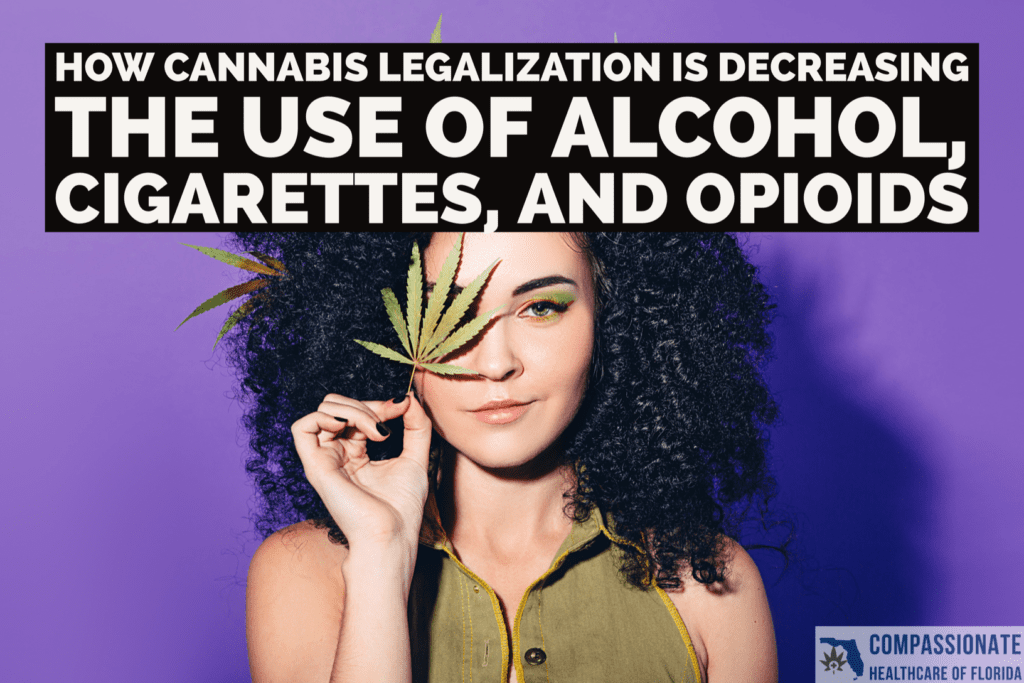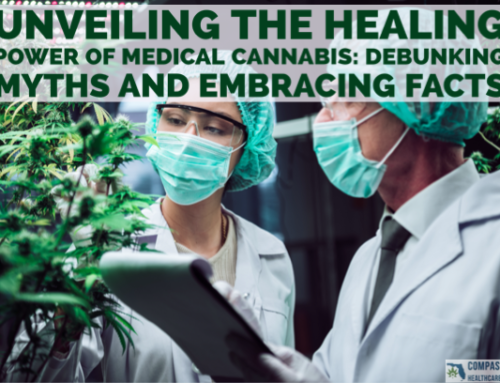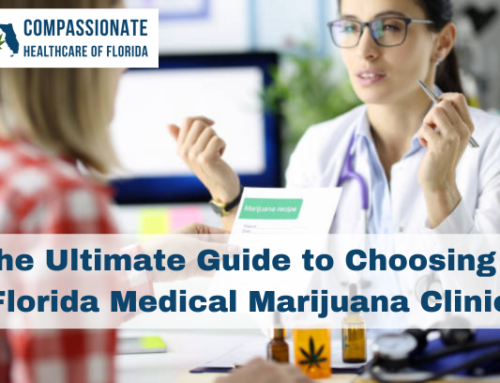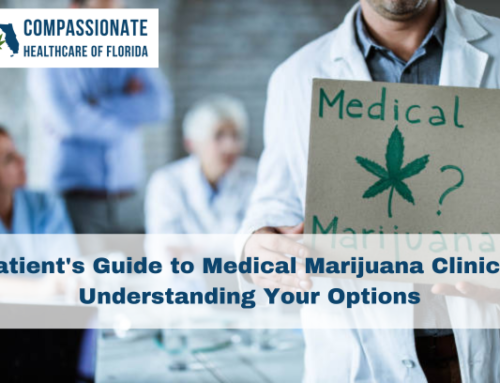
For decades, anti-cannabis groups and politicians labeled cannabis the ultimate gateway drug.
However, a recent multi-year study from the University of Washington shows that cannabis legalization has decreased the dependency on alcohol, tobacco, and synthetic painkillers (opioids).
Below, we’ll dive into the data that explains how cannabis and marijuana legalization is helping individuals across the nation ditch alcohol, cigarettes, and opioids.
Legalized Cannabis Decreases Trends in Alcohol, Cigarettes, and Opioid Use
The University of Washington took on a massive task — study the trends of alcohol, cigarettes, and opioid use in a post-cannabis environment.
The study concluded that young adults (21-25) who indulged in non-medical marijuana were more likely to slow down their alcohol, cigarette, and opioid consumption. Specifically, the study pointed out that cannabis use was linked with a decrease in heavy episodic drinking (HED).
Below, we’ll dig into why cannabis is believed to reduce heavy episodic drinking, cigarette use, and opioid consumption.
How Cannabis Decreases HED
HED, also known as heavy episodic drinking, occurs when an individual consumes roughly six alcoholic drinks in a single sitting.
Although not the same as binge drinking, HED generally occurs due to alcoholism, depression, or a number of other factors. In any case, HED is dangerous because it increases the chance of drunk driving, liver damage, and depression.
However, a study from the University of Washington showed robust data that cannabis consumption weakened the dependency on alcohol. Ultimately, cannabis use broke the trend of HED among young Washingtonians between 2014 to 2019.
Overall, cannabis is believed to break the potential for heavy episodic drinking because it’s known to:
- Reduce depression
- Break dependency
How Cannabis Decreases Cigarette Use
In the same study, cannabis use is correlated with decreased tobacco use.
Tobacco’s primary compound, nicotine, is extremely addictive because it creates a chemical dependence within the body. Specifically, CBD reduces the dependency on various behaviors — including nicotine addiction.
Therefore, the University of Washington study shows a clear correlation between cannabis use and decreased tobacco consumption.
How Cannabis Decreases Opioid Use
According to a study, opioids were misused by over 10 million individuals 12-years and older in 2019.
Given the extremely addictive nature and danger associated with opioids, it’s clear why opioids have been labeled an epidemic. However, the University of Washington study shows a decreased opioid dependency due to cannabis legalization.
Opioids are prescribed for pain-related issues. However, Opioids come with a long list of side effects and dangerous interactions. Thus, cannabis is touted as an effective pain reliever without the dangers associated with opioids.
Cannabis decreases opioid use via multiple channels, such as:
- Reduces acute and chronic pain
- Breaks the dependency bond of opioids
Overall, cannabis is a natural alternative to synthetic opioids due to its pain-fighting qualities. Although studies are ongoing, there’s a clear link between decreased opioid dependency and cannabis legalization.
A Case of Nationwide Cannabis Legalization
Overall, the recent study from the University of Washington offers a small glimpse within a subset of 21-25-year old Washingtonians.
The larger picture is that of nationwide cannabis legalization. Although more states are adopting medical marijuana and recreational cannabis programs, the United States federal government has yet to give the green light to cannabis reform.
The University of Washington study is not an anomaly. Instead, it shows how an entire country can benefit from legalizing cannabis.
By decreasing alcohol, tobacco, and opioid consumption, the United States’s healthcare system will be less stressed by the direct and indirect repercussions of alcohol, nicotine, and opioid-related abuse.
The Myth of Cannabis as a Gateway Drug
For years, anti-cannabis advocates have called for strict measures because cannabis is a portal to harder drugs, such as heroin or cocaine.
However, history has shown us the exact opposite.
For example, opioids have ballooned in use due to poor prescribing protocols among healthcare professionals. In 2020, nearly 70,000 deaths were attributed to opioids and overdose.
Additionally, prescription-based opioids have increased the chance of falling into a heroin habit. Ultimately, the picture is clear — dependence-inducing opioids cause the current rash of overdose deaths in the USA.
By looking at the raw data, cannabis is driving a shift that’s never been seen in the USA. From reduced dependencies and abusive behavior, it’s clear that cannabis legalization shatters the myth of cannabis as a gateway drug.
Experience Medical Marijuana in a New Light
The University of Washington study is one of many that shows the benefit of cannabis legalization.
From medical marijuana to recreational cannabis, there’s never been so much scientific evidence that cannabis is beneficial in reducing harmful dependencies, such as alcohol, tobacco, and opioids.
Sadly, not every state has legalized cannabis — let alone the United States’ federal government. If you reside in Florida — consider yourself lucky if you’re ready to experience medical marijuana as the program has come a long way since the availability of only a few Low-THC medical marijuana options, high costs, and long waiting periods. Patients with an unrestricted Florida Driver’s License or Identification Card can now get approved and purchase the same day with 100’s of product options available to them at the MMTC’s.
At Compassionate Healthcare of Florida, you’ll find professional doctors ready to assist you in your journey towards medical marijuana. From hundreds of qualifying conditions, you’ll obtain your medical marijuana card in no time once you sign up with Compassionate Healthcare of Florida.
Once you’ve been granted a license, you can explore the wide world of medical marijuana at a medical dispensary near you!



